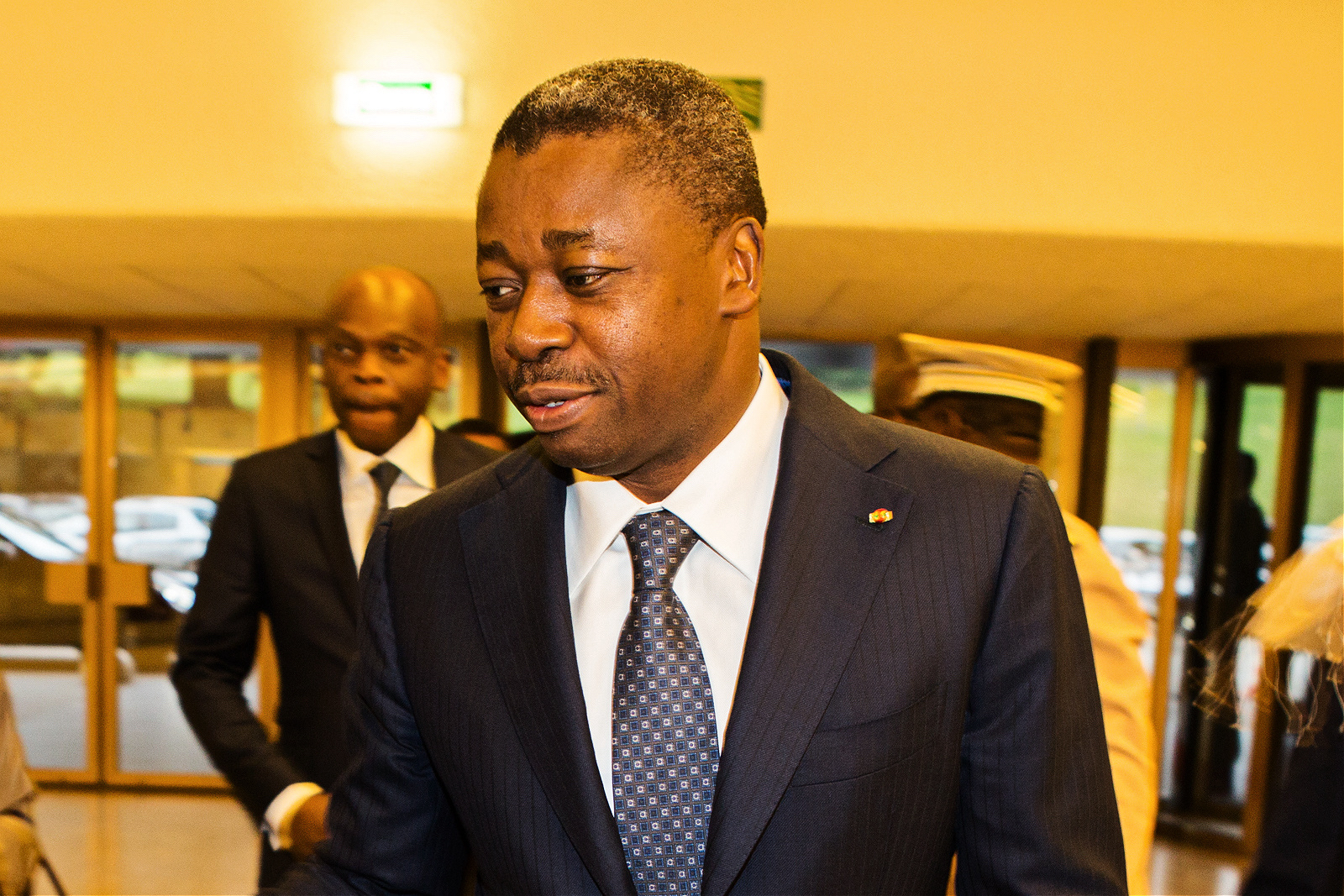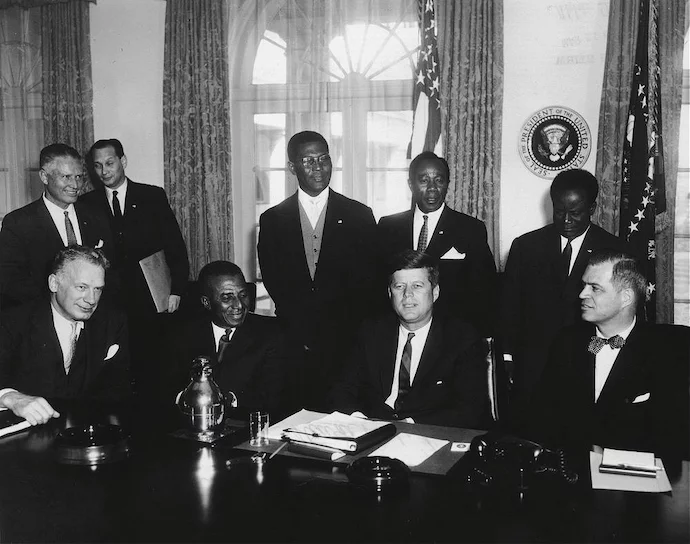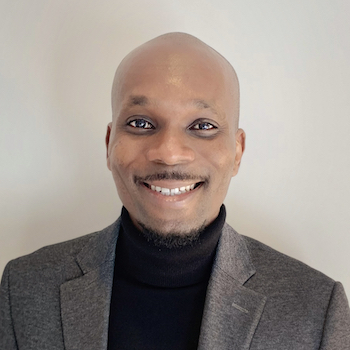
Togo Offers Washington a Diplomatic Win if it Takes It
Togo and the United States boast a long-standing history of bilateral relations, harking back to 1960 when Togo severed ties with France to claim independence. Sylvanus Olympio, Togo’s inaugural president, enjoyed a warm reception from President John F. Kennedy in 1961. Both leaders shared a vision of fostering a prosperous, democratic nation within a robust alliance. But their aspirations were cut short by their assassinations in 1963. Despite the tragic turn of events, the two countries have continued to collaborate. Togo, aiming to become an influential, democratic, and prosperous West African player, would greatly profit from bolstering its U.S. ties.
Like many African countries, Togo grapples with several challenges hindering its evolution into a democratic, developed society. Domestic political issues including electoral disputes, impunity, and corruption, alongside external threats such as terrorism, climate change, and food insecurity arising from the global rise in food prices, plague Togo. The current president, Faure Gnassingbé, and his government are addressing these challenges head-on, implementing actions for the benefit of all citizens, whether native or foreign.
Historically, Togo has played a crucial role in promoting peace and dialogue in regional conflicts, such as Sierra Leone and Ivory Coast. It has been recognized for fostering peace, as demonstrated when its capital, Lomé, was hailed the “Capital of Peace, Mediation, Dialogue, and Tolerance” in 2022. Hence, Togo’s neutral stance in the ongoing and bloody war in Ukraine at the United Nations, stressing dialogue as a solution to the conflict, is hardly surprising.
As a market-oriented country, Togo actively seeks cooperation, particularly with the U.S., across issues of shared concern. The U.S. has previously aided Togo in areas such as health, education, security, and economic growth, and backed Togo’s reforms in telecommunications and land titling through a $35 million Threshold program under the Millennium Challenge Corporation. The U.S. and Togo share common objectives of promoting democracy, human rights, regional stability, and West African development. These collaborative relations should be bolstered, particularly in two key areas.

A stronger military partnership between Togo and the U.S. is one critical avenue. Togo, under threat from terrorism in the north, transnational crime, and piracy in the Gulf of Guinea, could use more effective U.S. military aid, encompassing intelligence sharing, military training, and provision of advanced equipment and logistical support. Programs like the 2023 military-to-military engagement with the Togolese Air Force, the State Partnership Program (SPP) in Africa, Obangame Express, and the Trans-Sahara Counterterrorism Partnership (TSCTP), fortify Togo’s security while bolstering its capacity to counter terrorism, maintain peace, and adhere to human rights and rule of law.
Additionally, Togo’s significant contributions to United Nations peacekeeping missions in Mali and the Western Sahara, have not gone unnoticed by world leaders. Given China’s and Russia’s growing presence in Africa, Togo should pursue a stronger U.S. partnership in security and military cooperation.
Furthermore, education is another sector ripe for increased U.S.-Togo cooperation. Togo’s youthful population, where approximately 60% of citizens are under 25, faces significant challenges in education, including a mismatch between education and job opportunities, subpar teaching quality, insufficient resources, and gender disparities. Intensifying U.S. cooperation can help mitigate these issues, supporting efficient policy and program development, democratizing EdTech tools for students and teachers, and aligning the curriculum with job market realities.
Togo’s education strategy for 2014-2025 aims to address these challenges, but the country must prepare for a changing world. The system should be overhauled to align with the realities of the 21st century, adapting quickly to advancements in fields like data science, generative artificial intelligence, and information security analytics.
Togo could benefit from forming strategic collaborations with leading American universities and organizations. This could be achieved through targeted partnerships between Togolese and American universities, prioritizing tech majors that offer dual certifications in areas such as cybersecurity, machine learning, and information technology.
Lastly, the U.S. and Togo should continue to nurture their educational exchange relationship, leveraging programs like Fulbright, Humphrey, Mandela Washington Fellowship, YALI Regional Leadership Center, and the International Visitor Leadership Program (IVLP). These programs foster mutual understanding, cultural exchange, and professional development between the two countries. Efforts should be made to evolve these programs further and attract more Togolese individuals to the United States to learn from their American counterparts.
Togo and the U.S., bound by mutual respect and cooperation, should aim to extend their partnership in security and education, crucial for Togo’s prosperity and stability and for the U.S.’s national interests and regional clout. Togo should clearly define its future vision, aligning cooperation with the U.S. across sectors such as agriculture, infrastructure, and trade. By working together, and honoring each other’s sovereignty and values, Togo and the U.S. can promote their strategic interests and values, not only in Africa but globally.
